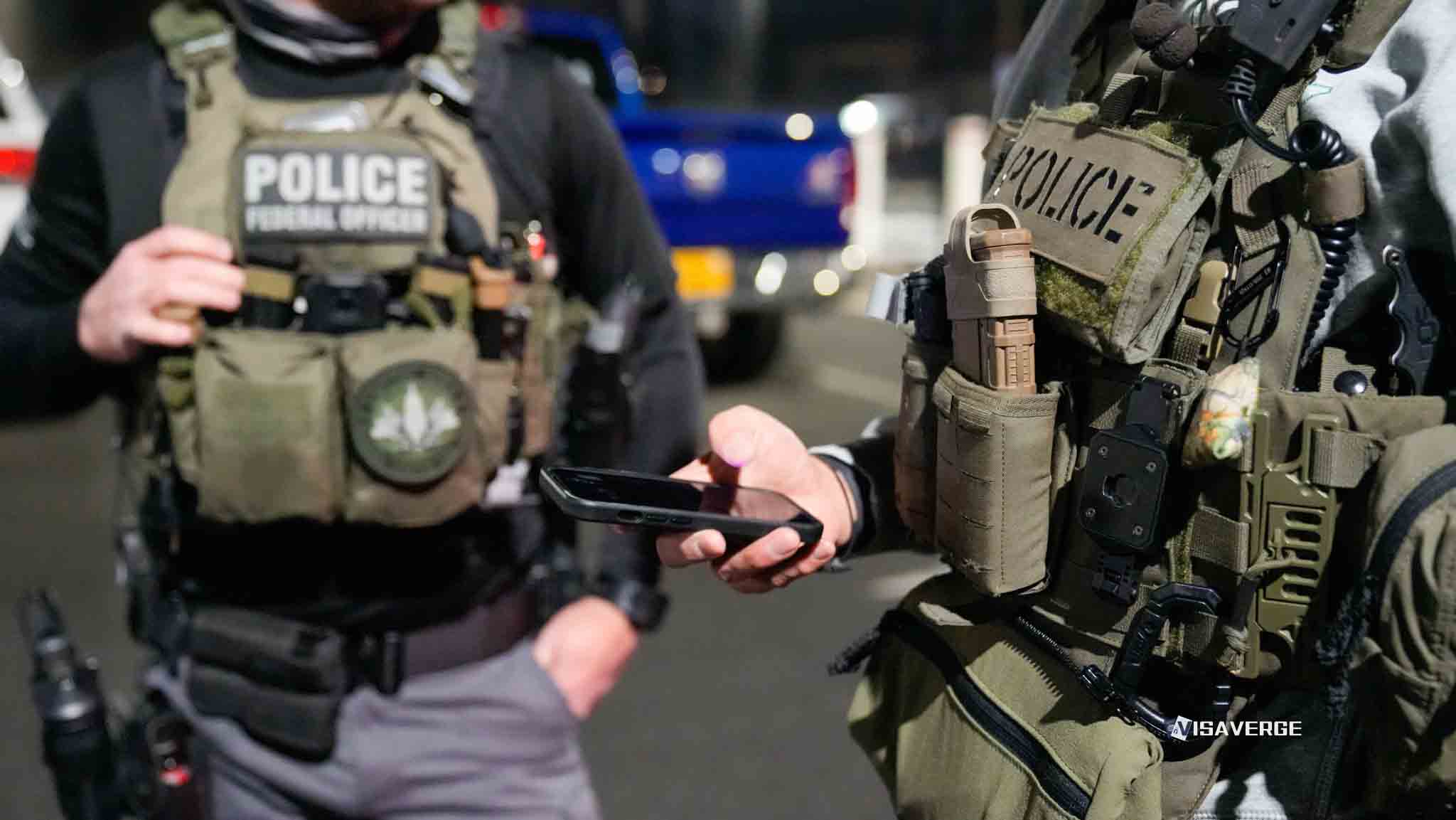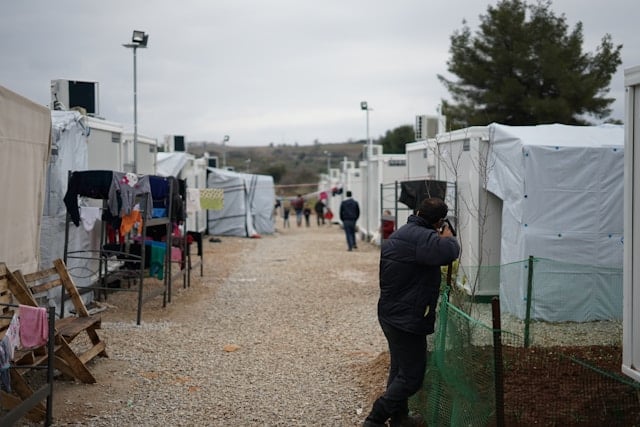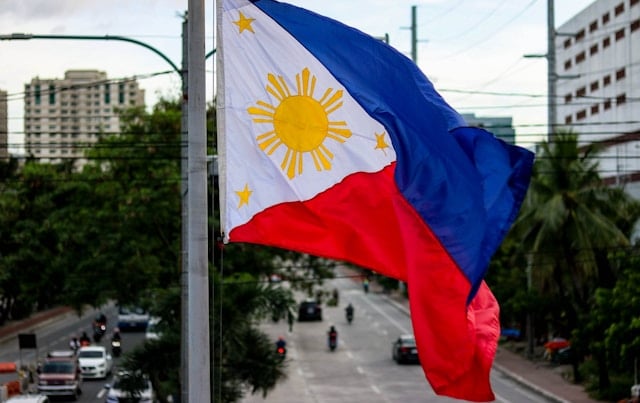Federal officials say they are watching for any visa request tied to a suspected terror supporter planning to speak in Detroit, as a far‑reaching new U.S. visa ban has reshaped who can enter the country and how cases are reviewed. The policy, signed by President Trump on June 4, 2025 and effective at 12:01 a.m. EDT on June 9, 2025, suspends entry and visa issuance for nationals of 19 countries and directs consular and border officers to apply strict, security‑first screening. For anyone flagged as a potential terrorist risk, the bar is now higher than at any point since the post‑9/11 era, and organizers in Detroit are already feeling the impact.
The Department of State (DOS) and U.S. Customs and Border Protection (CBP) are enforcing the policy worldwide. According to agency guidance, applicants from the listed countries who do not already hold a valid visa issued before June 9 face a presumption of denial, unless a narrow exemption or a case‑by‑case national interest waiver applies. That framework matters for civic groups, universities, and faith organizations in Detroit that host international speakers. Even if a proposed speaker has broad public support, the current rules make approval unlikely if that person is a national of a listed country and has no existing visa.

The proclamation—formally titled “Restricting the Entry of Foreign Nationals to Protect the United States from Foreign Terrorists and Other National Security and Public Safety Threats”—frames the visa limits as a way to reduce the chance that extremist actors use the U.S. visa system. Supporters argue the move reduces risks and strengthens vetting standards. Critics, including civil liberties advocates and some academic leaders, say the ban sweeps too broadly and blocks legitimate travel and academic exchange. VisaVerge.com reports that early legal challenges have not stopped the policy from taking full effect as of August 2025, and there is no clear sign of near‑term reversal.
Policy changes now in force
Under the proclamation, nationals from 19 countries face full or partial suspension of entry and visa issuance. Enforcement rests with frontline officers—consular staff at U.S. embassies and consulates, and CBP at airports and land borders—who have received updated guidance and training.
- Full suspension (all immigrant and nonimmigrant visas): Afghanistan, Burma (Myanmar), Chad, Republic of the Congo, Equatorial Guinea, Eritrea, Haiti, Iran, Libya, Somalia, Sudan, Yemen.
- Partial suspension (B‑1/B‑2 visitor, F student, M vocational, J exchange visitor, and all immigrant visas): Burundi, Cuba, Laos, Sierra Leone, Togo, Turkmenistan, Venezuela.
Important points and exemptions:
- The ban is not retroactive. Visas issued before June 9, 2025, remain valid and are not canceled by the proclamation.
- Exemptions include U.S. lawful permanent residents, certain diplomats, some dual nationals who travel on a non‑listed country’s passport, and other categories specified in the proclamation.
- For most people from the listed countries who are outside the United States and do not already hold a valid visa, new visa issuance is suspended unless they qualify for a narrow, case‑specific national interest waiver.
Additional procedural changes announced by DOS:
- Starting September 2, 2025, in‑person interviews will be required for nearly all visa applicants. Age‑based exceptions and many prior waivers will no longer apply.
- Applicants should expect longer security checks, more documentation requests, and more detailed interview questions.
- A new “visa integrity fee,” authorized by the One Big Beautiful Bill Act, is expected later in 2025 and will raise total costs to fund expanded vetting.
Immediate impact on Detroit events and travelers
The effect is immediate for Detroit organizers who invite foreign speakers from affected countries. Examples of likely outcomes:
- A university department inviting a researcher from Iran or a nonprofit planning a panel with an activist from Sudan will likely face denials if the guests need new visas.
- Consular officers can consider national interest waivers, but the standard is demanding and approvals are rare. General cultural exchange or routine academic talks will usually not qualify.
- Because in‑person interviews are mandatory from September 2, 2025, even routine renewals that once qualified for waivers now require consulate appointments. Interview wait times and extended security checks can take months.
- Many groups are shifting to hybrid or remote participation as the default for guests from affected countries.
How the ban affects families, businesses, and institutions:
- Detroit residents hoping to bring a parent from Eritrea for a short visit will likely face refusal unless the parent already has a valid pre‑June 9 visa.
- Conferences that once hosted innovators from North and East Africa must screen invite lists and warn guests about likely denials.
- Medical, humanitarian, or academic travel may still qualify only if a waiver applies or an explicit exemption exists.
Security emphasis and evidentiary standard:
- If an applicant is alleged to support extremist groups—even by association—the application will almost certainly fail. Consular and CBP decisions are not bound by the criminal standard of proof.
- Frontline officers have authority to apply administrative holds or refuse entry at the port of entry, even when a visa is present.
Implications for students, researchers, and employers:
- Student categories F, M, and J are among those suspended for several countries. Institutions should check nationalities early and consult international offices.
- Employers recruiting global talent must verify candidate nationalities and whether immigrant visa routes are blocked. Remote roles or third‑country placements may be required.
- For people currently in the U.S. on valid visas, status is not canceled, but travel outside the country risks preventing return if a new visa is needed.
Waivers, interviews, and what applicants should expect
There is a narrow avenue for travel: the national interest waiver. Key facts:
- The Secretary of State (in coordination with the Secretary of Homeland Security) can grant waivers when travel serves U.S. national interests.
- The Attorney General may recommend waivers for matters vital to the Department of Justice.
- In practice, waivers are uncommon and are typically reserved for direct government needs, critical public safety roles, or clear national benefits. Routine academic or cultural visits generally will not qualify.
What applicants should prepare for:
- Expect detailed vetting:
- Questions about background, travel history, employment, and family.
- Strong documentation and clear sponsor letters tying the visit to U.S. interests.
- Follow standard visa steps for eligible applicants:
- Complete the online nonimmigrant visa application DS‑160 and bring the confirmation page to the interview. The official
DS-160information page is here: https://travel.state.gov/content/travel/en/us-visas/visa-information-resources/forms/online-nonimmigrant-visa-application.html - For immigrant visa cases via the National Visa Center, use DS‑260 and follow consulate instructions. The official
DS-260page is here: https://travel.state.gov/content/travel/en/us-visas/immigrate/the-immigrant-visa-process/step-1-choose-a-visa/step-5-collect-financial-evidence/ds-260-immigrant-visa-electronic-application.html - Prepare for mandatory in‑person interviews from September 2, 2025.
- Budget for an expected visa integrity fee later in 2025.
- Anticipate extended processing times—weeks or months—especially for flagged nationalities.
- Complete the online nonimmigrant visa application DS‑160 and bring the confirmation page to the interview. The official
Practical steps Detroit families, organizers, and employers can take:
- Screen nationality early and check whether invitees hold a valid visa issued before June 9, 2025.
- Build remote participation into event planning and marketing to avoid last‑minute cancellations.
- If pursuing a waiver, craft a concise, evidence‑based argument linking travel to a concrete U.S. interest (e.g., a critical briefing for public safety officials).
- Coordinate with campus or company international offices and legal counsel to monitor consulate practices.
- Avoid nonrefundable travel bookings until a visa is secured.
- Keep alternate speakers or presenters ready for in‑person roles.
Case examples and planning advice
Examples that illustrate the policy’s practical effects:
- Civic conference inviting a rights advocate from Sudan: Without a pre‑June 9 visa, a new B‑1/B‑2 request will almost certainly be refused. A waiver is unlikely unless the visit directly supports U.S. government priorities. The recommended approach: arrange a live video talk and have an alternate in‑person speaker.
- Start‑up hub inviting an engineer from Eritrea: Short‑term visits face likely refusals; long‑term hiring plans are also constrained by immigrant visa suspensions. Options include online participation or meeting in a third country.
- University medical center hosting a fellowship candidate from Somalia on a J program: Confirm whether the candidate holds a valid pre‑June 9 visa. If not, issuance may be blocked; mandatory interviews and full documentation will be required.
For people already in the U.S. on valid visas:
- The proclamation does not cancel status or force departure.
- Traveling abroad may prevent reentry if a new visa is required—advisers often recommend deferring nonessential travel.
- Those with urgent travel needs should consult international offices or an immigration attorney and gather robust documentation.
Operational advice and checklist for Detroit institutions
Simple internal checklist to reduce risk and last‑minute disruption:
- Confirm nationality and current visa status for invitees and candidates.
- Confirm interview requirements and schedule consulate appointments early.
- Build backup plans for virtual delivery and identify alternate in‑person participants.
- Decide early whether a waiver attempt is worth the effort; prepare tight, fact‑based sponsor letters when appropriate.
- Coordinate with international offices, legal counsel, or HR for ongoing monitoring.
- Avoid nonrefundable bookings and keep communication open with guests.
Important: Mandatory in‑person interviews begin September 2, 2025. Any case with a possible terrorist connection—even indirect—will likely be refused under the presumption of risk.
Officials say the policy is under constant review and could be adjusted. For now, the list stands and Detroit planners should expect it to remain through at least the end of 2025. Advocacy groups warn of uneven outcomes and the chilling effect on academic and cultural life, while policy supporters emphasize prevention and risk mitigation.
For official policy updates and alerts from the Department of State, check the Visa News page at: https://travel.state.gov/content/travel/en/News/visas-news.html
This Article in a Nutshell
A June 2025 presidential proclamation suspends visa issuance for nationals of 19 countries from June 9; pre-June 9 visas remain valid. New applications face a presumption of denial unless exempted; mandatory in-person interviews begin September 2, 2025. Detroit organizers should expect longer processing, rare waivers, and rely on remote alternatives.













